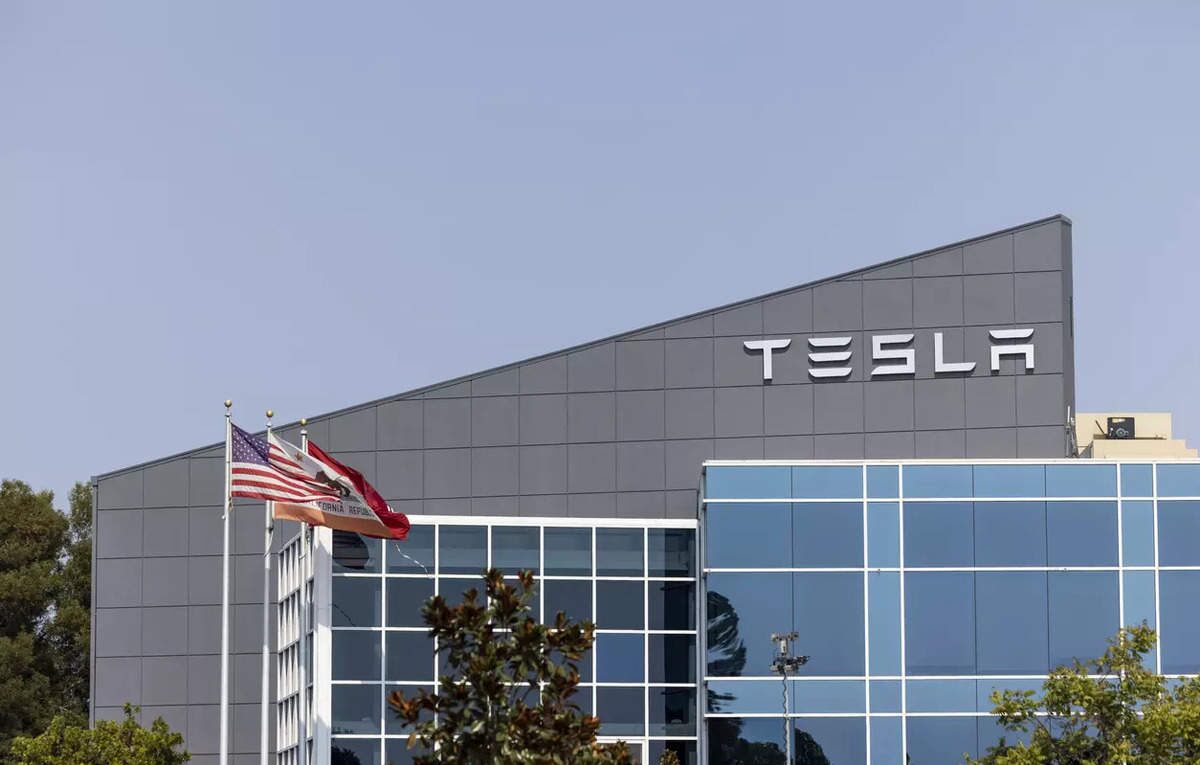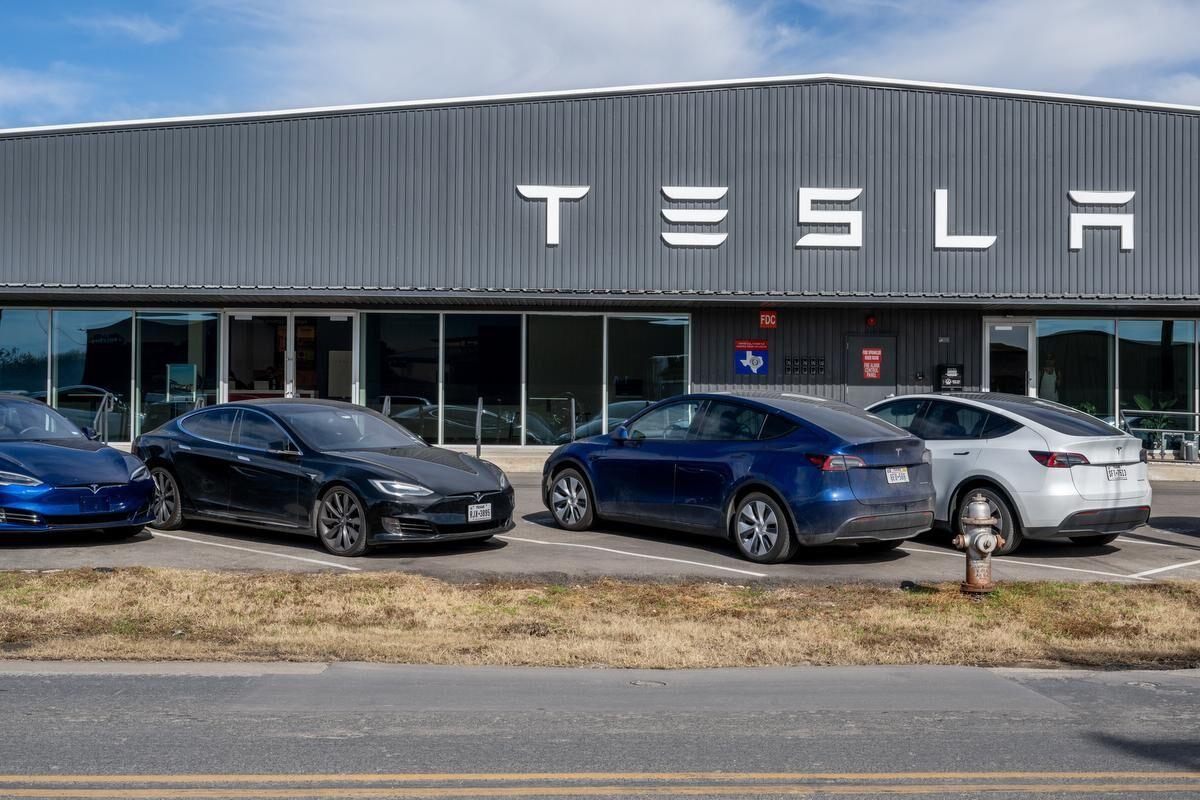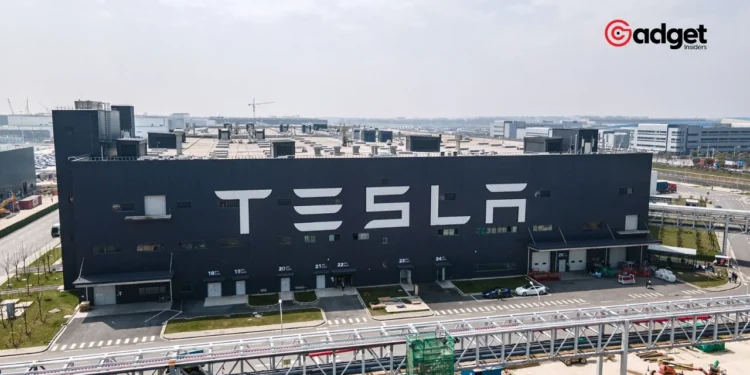In the bustling world of electric vehicles, Tesla’s Cybertruck has not only captivated audiences with its unconventional design but also stirred controversy with its restrictive sales clause. A recent development from Tesla’s Gruenheide factory in Germany—where the company gained approval to expand amidst ongoing protests—also casts a light on Tesla’s firm grip over its operations and market strategy.
The clause embedded within the Cybertruck’s vehicle order agreement has sparked considerable debate among consumers and legal experts alike. According to the agreement, owners are prohibited from selling their Cybertruck within the first year of purchase, under penalty of a $50,000 fine and potential exclusion from purchasing future Tesla models. Let’s look into the whole subject closely.

Legal Perspectives on Tesla’s Resale Restrictions
Michigan attorney Steve Lehto, an expert in auto case law, weighed in on the clause’s legality: “Unfortunately for the consumers, I believe that it is going to be enforceable as long as that language was in the contract they signed and was available to them before they made the purchase,” he remarked.
He further speculated, “If I had to put money on who is going to be winning most of these cases, I’d put my money on Tesla.”
This isn’t the first time an automaker has imposed such restrictions. Ford’s GT supercar came with a similar stipulation, preventing owners from selling their vehicles for at least two years. This clause led to a high-profile legal battle with WWE superstar John Cena, who settled with Ford after selling his GT prematurely.

Market Control or Market Harm?
Tesla’s strategy behind these anti-resale clauses seems to be a preventative measure against speculative secondary markets, which could potentially inflate prices and bypass the manufacturer’s control. “They are trying to prevent a secondary black market from popping up,” Lehto explained.
“They want to control the market as best they can to keep other people from interfering with the market and, in essence, profiting off of speculation.” Despite the stringent clause, Tesla has yet to take legal action against any Cybertruck owner who has sold their vehicle.
This includes an instance where a Cybertruck was sold for over $260,000 at auction. The clause had briefly disappeared from Tesla’s agreement following customer backlash but was reinstated towards the end of the year, leaving unclear the status of those who purchased during the interlude.

Challenges Beyond Sales: Quality Concerns Plague Cybertruck
The resale clause controversy coincides with quality issues that have tarnished Cybertruck’s reputation further. Notable are the significant gaps in paneling, software glitches, and a critical safety recall involving the accelerator pedal cover, which can potentially wedge the pedal down, posing serious safety risks. In response, Tesla has issued recalls for all 4,000 Cybertrucks delivered as of April.

Looking Ahead: Tesla’s Legal Gamble and Consumer Reaction
As Tesla continues to enforce its resale clause, the electric vehicle giant is navigating a delicate balance between controlling its market and maintaining consumer trust. While the legal footing appears solid, the broader impact of such policies on Tesla’s brand and customer loyalty remains to be seen.
As the automotive landscape evolves, the scrutiny over such practices will likely intensify, shaping future industry standards and consumer rights.










